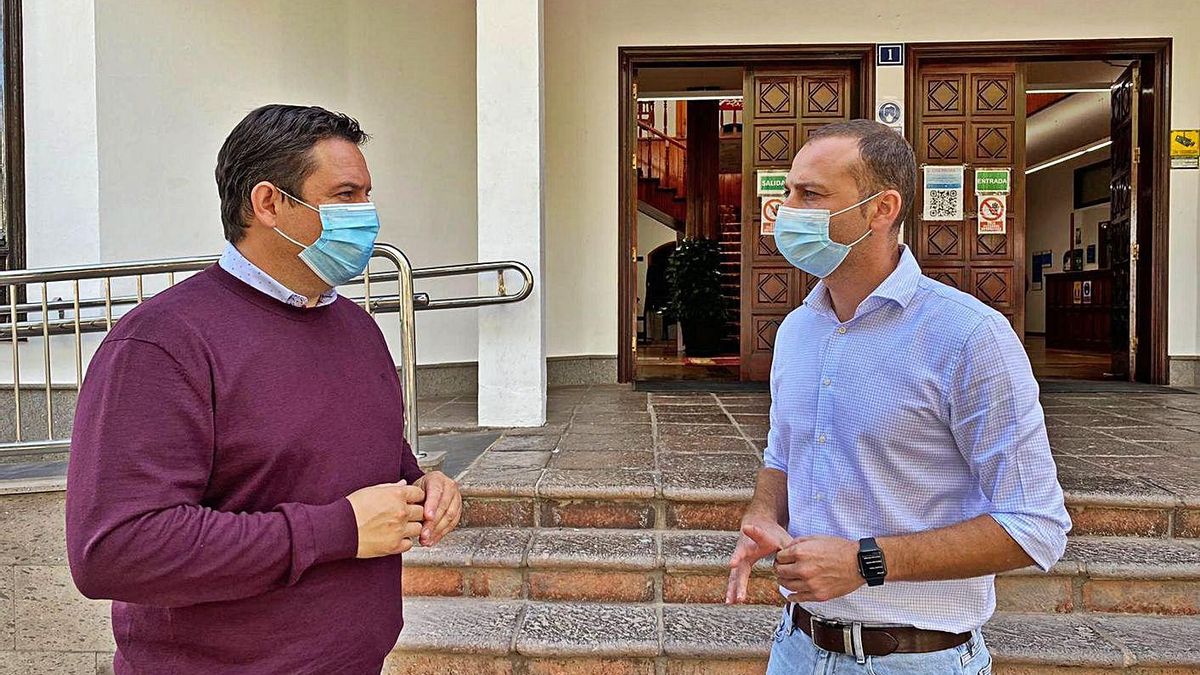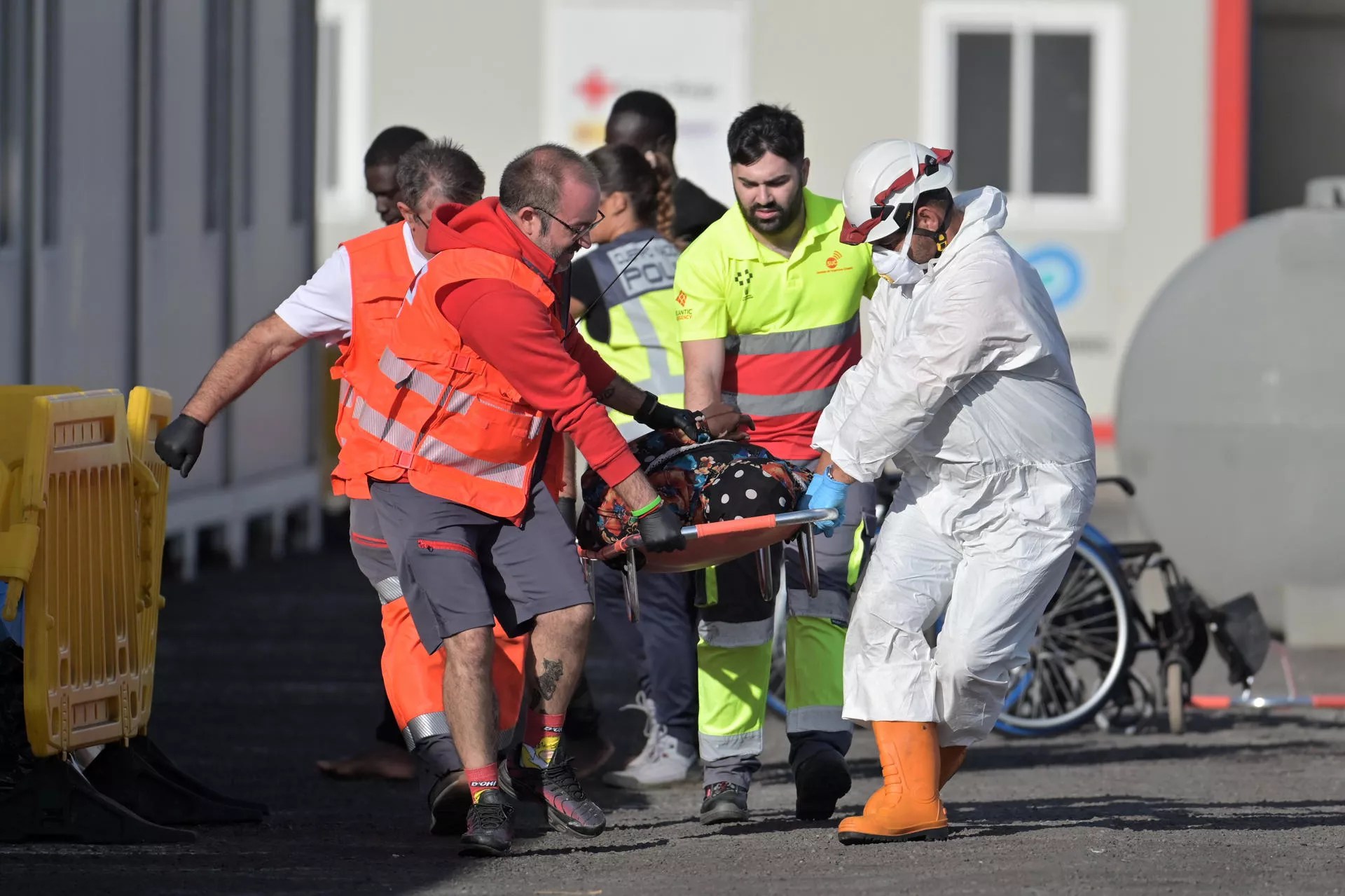
Arona has been operating since 2011 the textile and footwear waste management service, as well as the vegetable oil generated in homes. The municipal area of Environment awarded, for 16,474 euros, the new contract that will reinforce it with fixed containers, which will allow citizens to deposit waste at any time. Until now, it had mobile ecopoints for the separation and recycling of textiles and oil, as well as all those fractions of waste from the home.
With the implementation of this complement, the aim is to “achieve maximum efficiency and meet quality and sustainability objectives”, making it easier for the public to separate them for recycling. With this, Arona is three years ahead of the maximum term of the waste framework directive, which establishes the limit for its implementation on December 31, 2024, recalls the area councilor, Leopoldo Díaz Oda. “Arona is committed to the circular economy, recycling textiles and footwear so that they can be reused and reducing unprocessed waste, for a better quality of the environment,” he says.
As of November, according to the initial estimate, there will be two new types of containers in the aroneras streets. Fifty, beige, will be for textiles and footwear, where clothing, blankets, sheets, quilts, bedspreads, curtains and accessories such as belts, ties, scarves, gloves and bags, among others, can be deposited. Another 35 orange containers are used to collect vegetable oils.
The winning company will be responsible for its safe deposit, as well as for proper environmental management in terms of its collection and transport. Likewise, it will be in charge of its recovery, recovery or regeneration to avoid its direct elimination.
For the mayor of Arona, José Julián Mena, this is another step by the City Council in its commitment to the environment and sustainability, “key pillars of our personality as a municipality.” It highlights that with the containers for the recycling of vegetable oil, it is easier for citizens to “easily dispose of a highly polluting waste, with the consequent impact on environmental care.” With those dedicated to textiles and footwear, he explains that “we promote the circular economy, giving them a new life. Fortunately, the Aroneros are increasingly aware of the vital importance of recycling. To this end, from the City Council “we also carry out continuous actions to improve day after day in terms of sustainability.”















